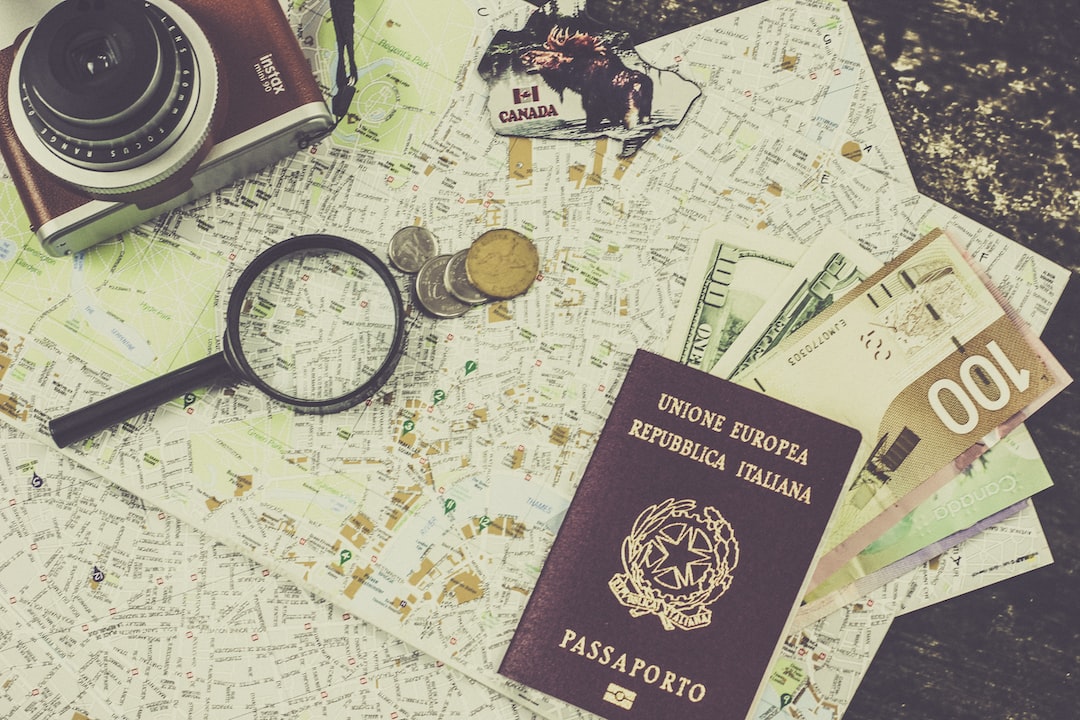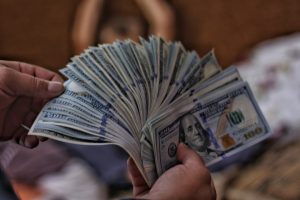Forex trading is a popular investment option for many individuals and institutions around the world. However, in certain countries, forex trading is banned or restricted. This could be due to various reasons ranging from regulatory concerns to political and economic factors. In this article, we will explore the list of countries where forex trading is banned.
1. India:
Forex trading is prohibited in India, with the exception of certain derivatives trading through recognized stock exchanges. The Reserve Bank of India (RBI) has implemented strict regulations to prevent individuals from trading in foreign currencies outside of the permitted channels. This is due to concerns over the potential impact on the country’s foreign exchange reserves and the illegal nature of some forex trading activities.
2. Iran:
Forex trading is banned in Iran due to the country’s strict Islamic laws. Trading in foreign currencies is considered haram, or forbidden under Islamic law, which prohibits gambling and speculation. The ban on forex trading has been in place for several years, and there are no indications that it will be lifted anytime soon.
3. North Korea:
Forex trading is banned in North Korea due to the country’s isolationist policies and strict control over its economy. The government tightly regulates all economic activity, including forex trading, and has made it illegal for individuals to engage in such activities. The ban on forex trading is part of the broader restrictions on foreign exchange transactions in North Korea.
4. Belarus:
Forex trading is banned in Belarus, with the exception of authorized banks and financial institutions. The government has implemented strict regulations to prevent individuals from trading in foreign currencies outside of the permitted channels. The ban on forex trading is part of the government’s efforts to control the country’s foreign exchange reserves and prevent capital flight.
5. Cuba:
Forex trading is banned in Cuba due to the country’s socialist economic policies and strict control over its economy. The government tightly regulates all economic activity, including forex trading, and has made it illegal for individuals to engage in such activities. The ban on forex trading is part of the broader restrictions on foreign exchange transactions in Cuba.
6. Indonesia:
Forex trading is banned in Indonesia, with the exception of authorized banks and financial institutions. The government has implemented strict regulations to prevent individuals from trading in foreign currencies outside of the permitted channels. The ban on forex trading is part of the government’s efforts to control the country’s foreign exchange reserves and prevent capital flight.
7. Myanmar:
Forex trading is banned in Myanmar due to the country’s strict control over its economy and financial system. The government tightly regulates all economic activity, including forex trading, and has made it illegal for individuals to engage in such activities. The ban on forex trading is part of the broader restrictions on foreign exchange transactions in Myanmar.
8. Nigeria:
Forex trading is restricted in Nigeria, with the exception of authorized banks and financial institutions. The Central Bank of Nigeria (CBN) has implemented strict regulations to prevent individuals from trading in foreign currencies outside of the permitted channels. The ban on forex trading is part of the government’s efforts to control the country’s foreign exchange reserves and prevent capital flight.
9. South Korea:
Forex trading is restricted in South Korea, with the exception of authorized banks and financial institutions. The government has implemented strict regulations to prevent individuals from trading in foreign currencies outside of the permitted channels. The ban on forex trading is part of the government’s efforts to control the country’s foreign exchange reserves and prevent capital flight.
10. Taiwan:
Forex trading is restricted in Taiwan, with the exception of authorized banks and financial institutions. The government has implemented strict regulations to prevent individuals from trading in foreign currencies outside of the permitted channels. The ban on forex trading is part of the government’s efforts to control the country’s foreign exchange reserves and prevent capital flight.
In conclusion, forex trading is banned or restricted in certain countries due to various reasons ranging from regulatory concerns to political and economic factors. Traders should be aware of the restrictions in their country and adhere to the permitted channels to avoid legal repercussions.





